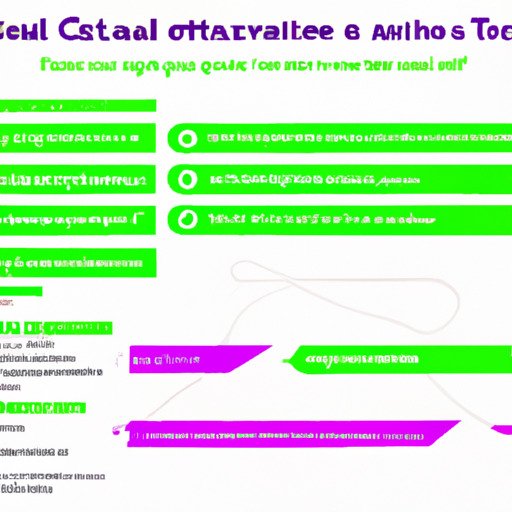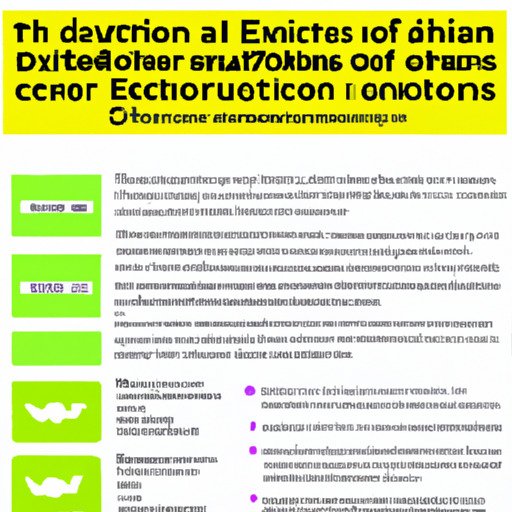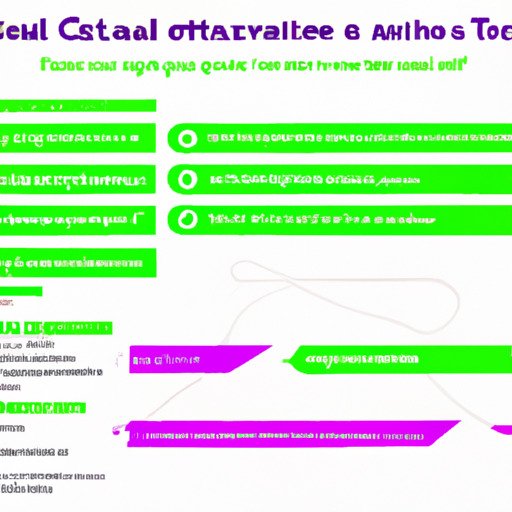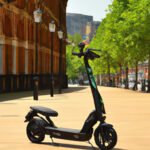
Are you wondering if it’s possible to register your electric scooter with the DVLA? Well, you’re not alone. With the rising popularity of electric scooters, many people are curious about the legal requirements for owning and riding one. In this article, we will explore whether or not it is possible to register your electric scooter with the DVLA and what it means for you as an owner. So, if you’re interested in learning more, keep reading!
If you’re eager to find out whether or not you can register your electric scooter with the DVLA, you’ve come to the right place. In this article, we will delve into the regulations and requirements set forth by the DVLA regarding electric scooters. Whether you’re a current owner or considering purchasing one, understanding the process of registering your electric scooter can provide you with valuable information. So, if you’re curious to know more, stay tuned for the details!

What is the DVLA?
Definition of DVLA
The DVLA, or Driver and Vehicle Licensing Agency, is an organization in the United Kingdom responsible for maintaining a database of drivers and vehicles. It is part of the Department for Transport and its main role is to ensure that all vehicles on the road are properly registered and meet legal requirements.
Responsibilities of the DVLA
The DVLA has several important responsibilities, including issuing driving licenses, collecting vehicle excise duty (road tax), and registering vehicles. By registering vehicles, the DVLA can keep track of important information such as ownership, vehicle specifications, and insurance details. This helps to ensure road safety and allows for the enforcement of laws and regulations relating to vehicles.
Types of Vehicles Registered with the DVLA
Cars and motorcycles
Cars and motorcycles are the most common types of vehicles registered with the DVLA. Whether you own a family car or a high-performance motorcycle, it is important to have your vehicle properly registered with the DVLA to be road legal.
Commercial vehicles
Commercial vehicles, such as vans and trucks, are also registered with the DVLA. These vehicles are used for business purposes and often carry goods or passengers. Proper registration ensures that these vehicles meet safety requirements and are compliant with regulations.
Specialist vehicles
Some vehicles fall into the category of specialist vehicles and require specific registration with the DVLA. These can include vehicles such as ambulances, fire engines, and agricultural machinery. Each type of specialist vehicle has its own unique requirements for registration, which must be met to ensure safety and legal compliance.
Electric Scooters and DVLA Registration
Lack of formal registration process for electric scooters
Currently, there is no formal registration process for electric scooters (e-scooters) with the DVLA. This means that owners of e-scooters do not need to obtain a registration number or license plate, as is required for other vehicles.
Licensing and registration requirements for electric scooters
Electric scooters fall into a legal gray area when it comes to licensing and registration requirements. As they are not classified as motor vehicles, e-scooters are not subject to the same regulations as cars or motorcycles. Instead, they are considered personal light electric vehicles.

Requirements for Registering an Electric Scooter with the DVLA
Age restrictions for riders
To ride an electric scooter legally on public roads or paths, there are currently age restrictions in place. In most areas, riders must be at least 16 years old. However, there are proposals to lower the minimum age to 14 in certain circumstances.
Insurance requirements
Unlike cars and motorcycles, electric scooters are not legally required to have insurance. However, it is highly recommended to have insurance coverage in case of accidents or damage to property. Having insurance can provide peace of mind and financial protection in case of unforeseen events.
License and legal requirements
Another key requirement for riding an electric scooter is a valid driving license. However, this only applies if the electric scooter has a top speed of over 15.5 mph (25 km/h). If the e-scooter does not exceed this speed, a license is not required. Nevertheless, riders are still expected to follow all traffic laws and regulations.
Can You Register an Electric Scooter with the DVLA?
Exploring the current regulations
As mentioned earlier, there is currently no formal registration process for electric scooters with the DVLA. However, this does not mean that the regulations surrounding electric scooters will not change in the future.
DVLA’s stance on electric scooter registration
The DVLA recognizes the need for appropriate regulation of electric scooters but has not yet implemented a comprehensive registration process. They are actively engaging in discussions and consultations to determine the best way to regulate and register these vehicles in the future.
Drawbacks of Not Registering an Electric Scooter with the DVLA
Potential legal consequences
Although there is no legal requirement to register electric scooters with the DVLA at present, there can be potential legal consequences for not doing so. Riding an unregistered electric scooter on public roads or paths could result in fines, penalties, or even confiscation of the scooter.
Lack of protection in accidents
Another drawback of not registering an electric scooter with the DVLA is the lack of legal protection in the event of an accident. Without registration, it may be more difficult to establish liability or make insurance claims. This can leave riders financially vulnerable and unable to seek compensation for damages.
Benefits of Registering an Electric Scooter with the DVLA
Increased legal protection
By registering your electric scooter with the DVLA, you can enjoy increased legal protection. This means that in case of an accident or if your scooter is stolen, you have a legal record of ownership that can help protect your rights and assist in resolving any issues that may arise.
Ability to make insurance claims
Registering your electric scooter with the DVLA also allows you to obtain insurance coverage. Having insurance can provide financial protection in case of accidents, theft, or damage to your electric scooter. It can also protect you from liability if you are involved in an accident with another vehicle or pedestrian.
Alternative Options for Electric Scooter Regulation
Proposals for comprehensive registration process
There have been proposals for the introduction of a comprehensive registration process for electric scooters. This would involve the DVLA issuing registration numbers or license plates for e-scooters, similar to those used for cars and motorcycles. The purpose of this would be to ensure that all electric scooters are accounted for and meet certain safety standards.
Collaboration with manufacturers and retailers
An alternative option for regulating electric scooters is through collaboration between the DVLA, manufacturers, and retailers. By actively working together, these stakeholders could establish a standardized process for registering electric scooters and ensuring they meet safety requirements before being sold or used on public roads.
Public Opinion and Future Developments
Public’s perception of electric scooter registration
Public opinion on the registration of electric scooters is varied. Some argue that registration would improve safety and accountability, while others believe it would place unnecessary burdens on owners. The DVLA is taking public opinion into consideration as they continue to explore potential changes to regulations.
Possible changes in regulations
As the popularity of electric scooters continues to grow, it is likely that regulations will evolve to better address the needs and concerns of riders, pedestrians, and other road users. The DVLA is actively monitoring the situation and consulting with relevant stakeholders to ensure any future changes are fair, practical, and uphold public safety.
Conclusion
In conclusion, despite the lack of a formal registration process for electric scooters with the DVLA, it is important to stay informed about the current regulations in your area. While the requirements for electric scooter registration are not yet as stringent as those for cars and motorcycles, it is still advisable to consider the potential drawbacks of not registering your e-scooter. By understanding the benefits of registration, the possible changes in regulations, and the importance of legal and financial protection, you can make an informed decision about whether or not to register your electric scooter with the DVLA.






















